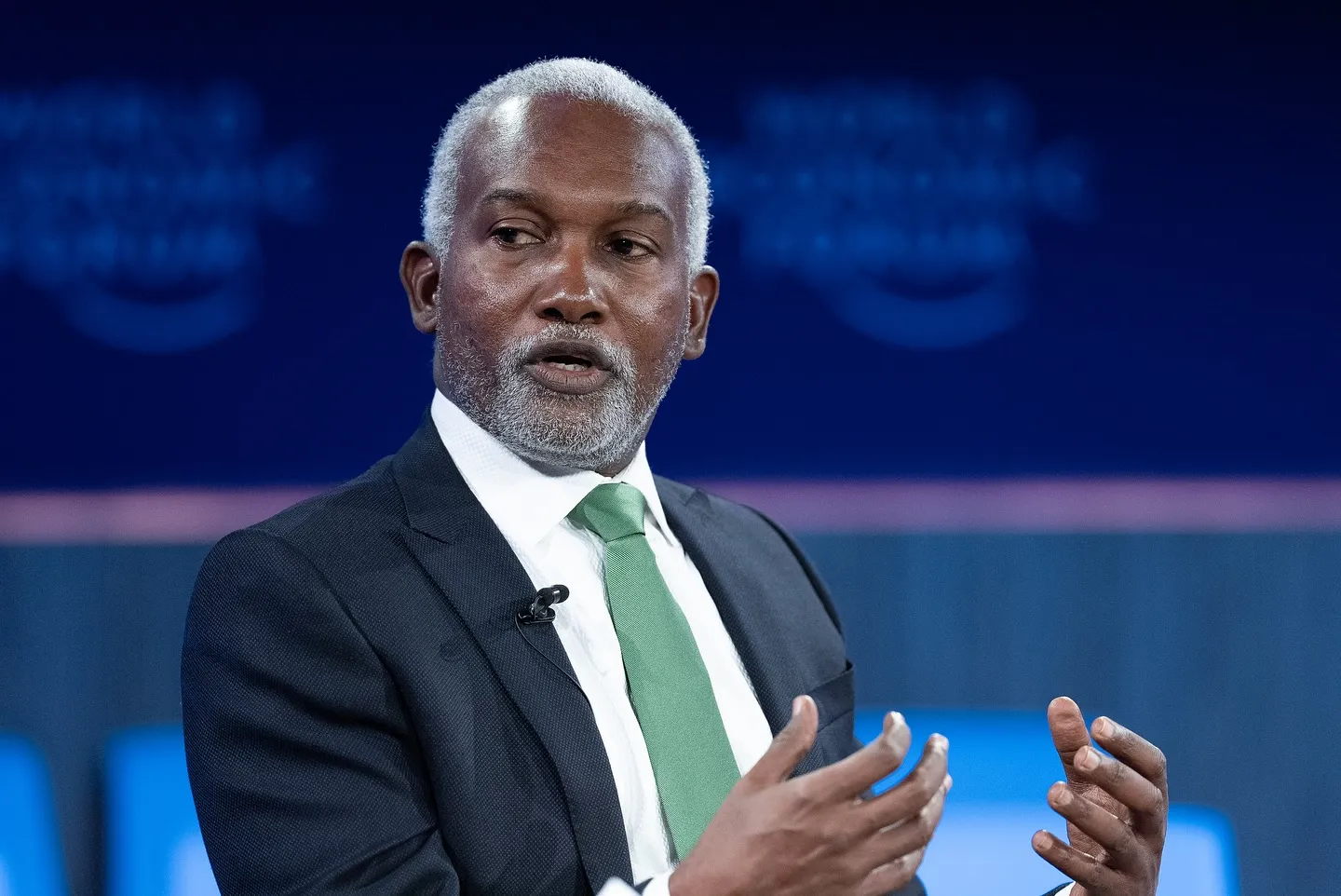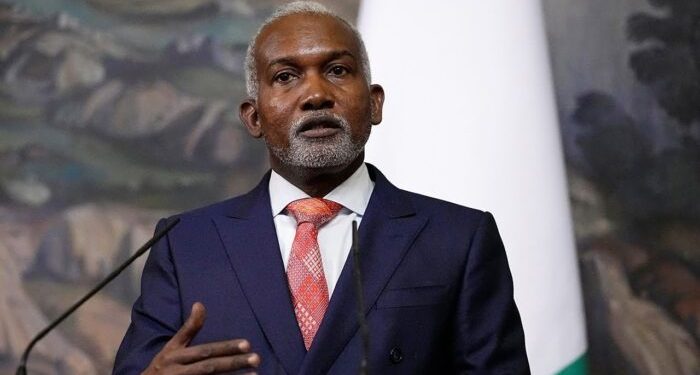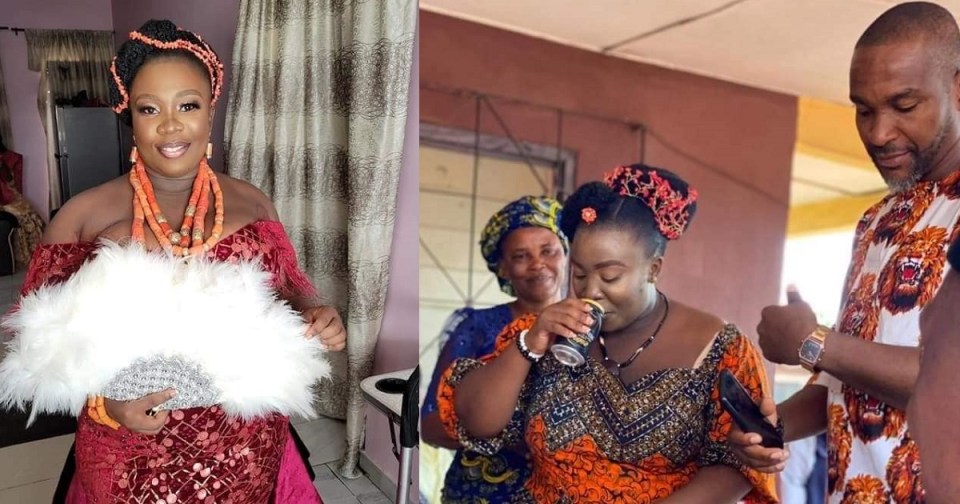The Nigerian government has firmly rejected efforts by the United States to pressure African nations into accepting deportees from third countries such as Venezuela, Myanmar, and Cuba. Foreign Minister Yusuf Tuggar made this position clear during an interview on Friday with Channels TV, where he emphasized that Nigeria will not become a dumping ground for unwanted migrants.
“We already have over 230 million people,” Tuggar said. Quoting an old American rap line, he added: “Flava Flav has problems of his own. I can’t do nothing for you, man.”
Trump administration targets African countries
Tuggar’s comments come as the Trump administration intensifies its pressure on African countries, using visa restrictions and economic threats to force compliance with its migration policies. This month alone, the U.S. deported eight men to South Sudan, despite the fact that they originated from countries such as Myanmar, Laos, Vietnam, and Cuba. These individuals had been held temporarily at a U.S. military base in Djibouti before being flown to Juba.

Nigeria is not alone in being approached. Reports suggest the U.S. has also attempted to convince Benin, Eswatini, Libya, and Rwanda to accept third-country deportees. Rwandan Foreign Minister Olivier Nduhungirehe has acknowledged being in preliminary discussions with Washington. However, Libyan officials in both the east and west of the country have denied agreeing to such arrangements.
Visa restrictions raise tension
Tensions have escalated further after the U.S. State Department imposed visa restrictions on Nigerian, Ethiopian, and Cameroonian citizens. The new rules limit nearly all nonimmigrant and nondiplomatic visas to a three-month validity and allow only one entry. Washington claims these moves are part of a global “reciprocity realignment,” but Nigerian officials have linked them directly to the country’s refusal to comply with the deportation plans.
“It will be difficult for a country like Nigeria to accept Venezuelan prisoners into Nigeria,” Tuggar stressed. “We have enough problems of our own. We cannot accept Venezuelan deportees to Nigeria, for crying out loud.”
Nigeria insists on national interest
Tuggar emphasized that while Nigeria is open to strategic dialogue with the U.S. on areas like energy and mineral development, the country will never negotiate its sovereignty. “We will continue to stand for our national interest,” he declared.
This rejection follows reporting from The Wall Street Journal that revealed the Trump administration has been pushing African leaders to accept deportees whose home countries have refused to take them back. The report mentioned a recent White House summit attended by the presidents of Liberia, Senegal, Gabon, Guinea-Bissau, and Mauritania. Although the official focus was trade, President Trump used the opportunity to raise migration issues.
During his remarks, Trump said, “I hope we can bring down the high rates of people overstaying visas and also make progress on the safe third-country agreements.”
Tone-deaf remarks add to outrage
At the same meeting, Trump drew criticism after complimenting Liberian President Joseph Boakai for “speaking such good English,” a comment widely regarded as tone-deaf considering that English is Liberia’s official language. Liberia was founded by formerly enslaved people from the U.S. in the 19th century.
As the Trump administration intensifies its global migration agenda, Nigeria’s outright refusal to comply has drawn a line in the sand. The message is clear: national dignity is not up for negotiation.

















